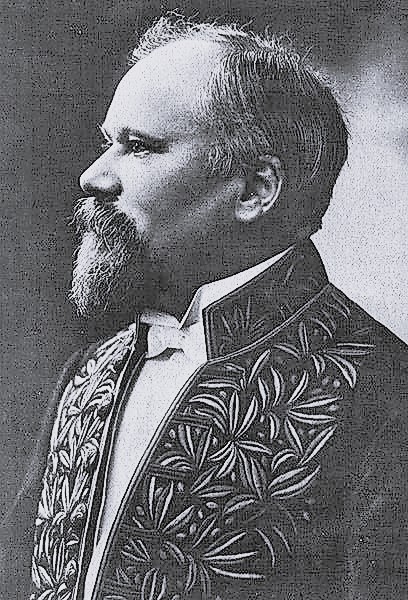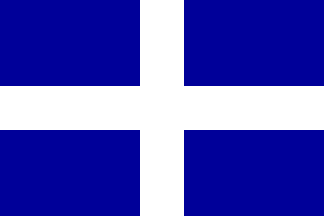The Republic under duress:
The 1920 elections
Following the Kapp Putsch, the Republican leaders had to remain lenient to avoid a civil war. The SPD was moderate but some of the ones that listened to the general strike weren't. The French intervention forced many Germans to set their differences aside to support their government and country but after the crisis ended, not on terms favourable for Germany, that was deeply humiliated, the old disputes only came back stronger. The USPD-SPD fracture ran deep, as the USPD opposed the SPD revisionism and wanted to be uncompromising with the right-wingers who had initiated the putsch and triggered the intervention in the first place. Ebert couldn't punish the right too harshly as he needed the Freikorps in the Ruhr against the workers who had responded to his general strike call. The judiciary decision, that allowed most putschists to walk freely, was one of the measures he had to implement in order to meet the French delays, which was a failure. The various Weimar Coalition parties suffered from the crisis, and it seemed like the old coalition would be difficult to reconduct. The various compromises and betrayals, the Versailles Treaty, the French intervention, all of that made the Weimar parties less popular than before.
The right-wingers who had voted for the moderate parties during the revolution were turning to uncompromising parties, a part of the popular electorate was left unsatisfied with the SPD, and the revolutionary mood that had empowered the moderates seemed to be gone.
The SPD was the main party last time the German people voted, but a fringe of the workers refused to content themselves with the social model of Weimar and wanted more. They would for the USPD mainly, and the more the SPD compromised itself with the the rigjt, the further its electoral base eroded. Ebert and Noske defended their legacy, as they had built a more social state, and the republic. But the French intervention and the way the strike was ended in the Ruhr made the legacy of the SPD harder to defend, even though they could hardly have done better, given the circumstances. They appealed to the moderate working class, and pictured themselves as a force of stability.
The USPD's pacifism, desire to compromise with the French socialists, alienated a part of its electorate, but its leaders hoped to gain votes from old SPD voters that would demand more social rights. The inner dissensions of the USPD, tempted by an union with the KPD and the IIIrd International, weakened it as well, but millions of Germans who had believed in the revolution still hoped the USPD would represent them.
The Zentrum on the other hand, was facing unrest in its homelands of Baavria. The Bavarian party wing had broken away in 1919 over government participation, and it was the first menace the Catholic party was confronted with. Conservative Catholics felt more and more appealed by the real right, and the catholic workers by the USPD. The zentrum, a minority party, remained powerful but faced many threats. Bound to the legacy of the government, desiring to protect all classes and with no clear economic direction, the Zentrum was struggling to keep its electorate united.
The DDP, a liberal party that made the SPD accept the idea of a capitalist state, was challenged by Stressmann's right-wing politicians. Its social-liberal model was the basis of the Weimar state, but it had yet to show its effects an now facing a rival liberal party that was opposing the government's foreign policy, it remained to be seen how many moderates would cast their votes for the DDP.
The DVP was made of monarchist liberals, classical liberals and the ones opposed to he treaty. In favour of clear capitalism, and with contempt for the SPD, the DVP was the liberal alternative, for the middle class that opposed the Treaty, socialism and generally most things related to the French. Its monarchist stance was strong, but the DVP appeared to be willing to enter a government, making a right-wing coalition possible.
The DNVP was a true right-wing party, that was sidelined in 1919 and that hoped to make a comeback. Increasingly antisemitic, authoritarian, monarchist, weary of socialism and capitalism alike, it was the party of those who regreted the days of the Empire, as the party banner clearly showed. Supported by big businness, in favour of a sort of corporatism, backed by the Freikorps, it was the main opposition to the Weimar compromise.
The BVP, the Bavarian Party, was close to the DNVP in terms of policies, but opposed the Prussian Juncker character of the DNVP and was at the forefront of Bavarian particularism. Opposed to the Weimar compromise in particular, to Berlin in particular, it also gave funds to the most extremist movements of Germany, based in Bavaria, such as the NSDAP. A trend towards a more compromising stance was seen among the ranks of the BVp, that had split recently from the Zentrum, but it remained to be seen if this Bavarian nationalism would grow or come to and end.
The last important party was the KPD, but it wasn't expected to grow. Backed by old Spartcists, it was the arm of Moscow in Berlin.















